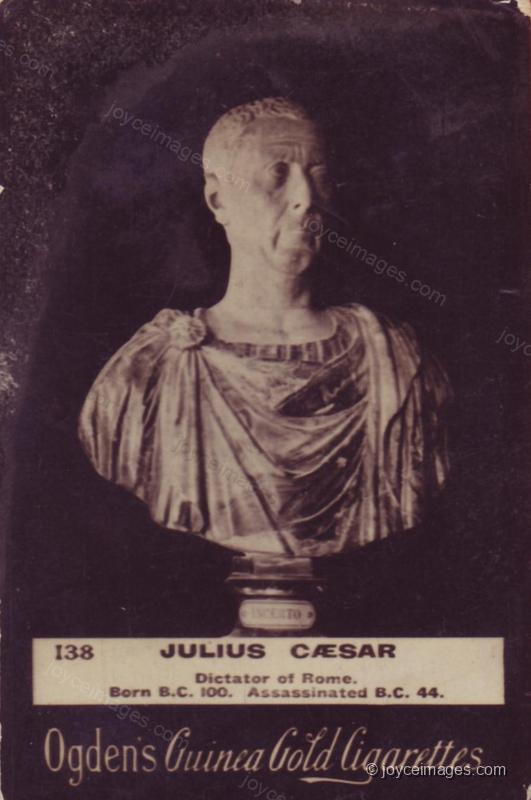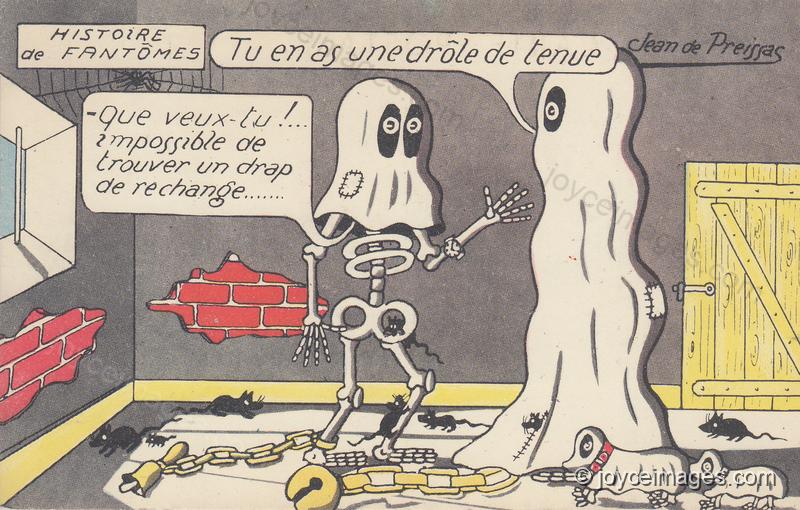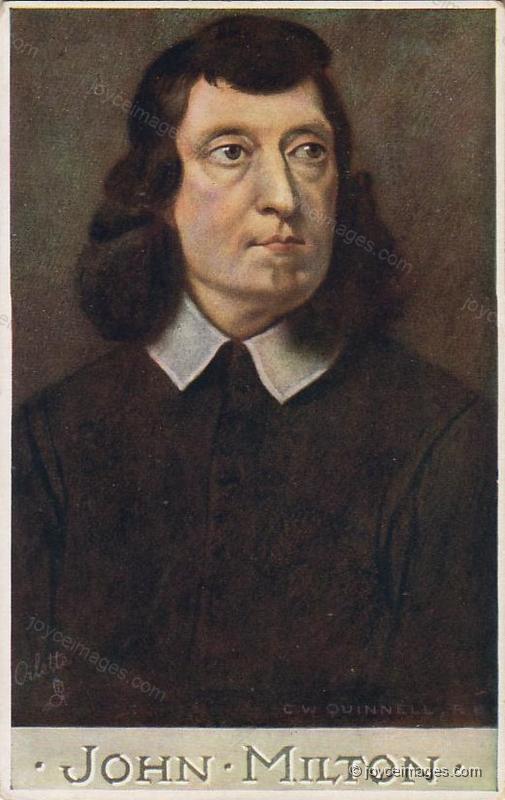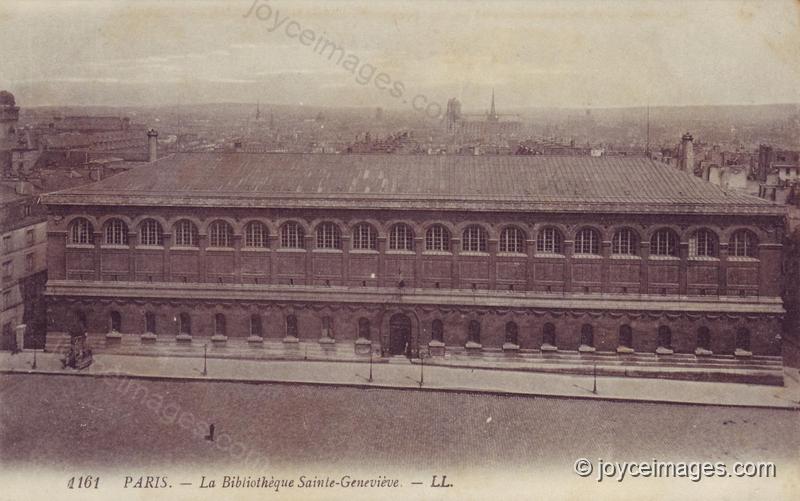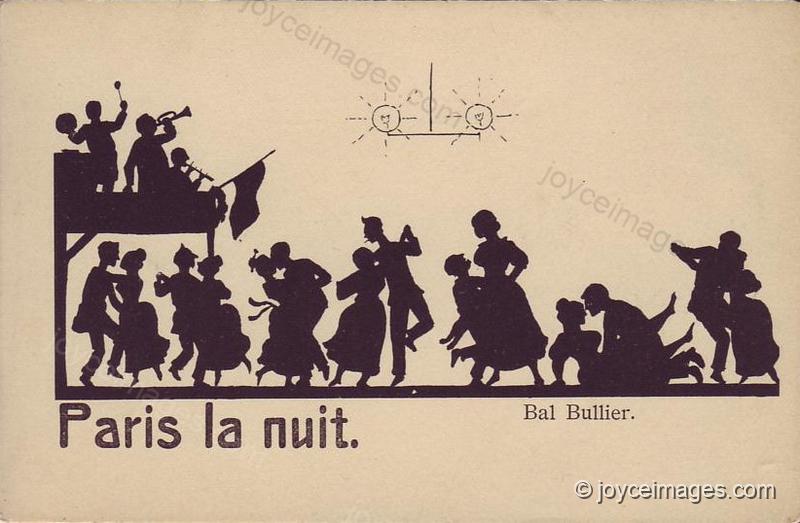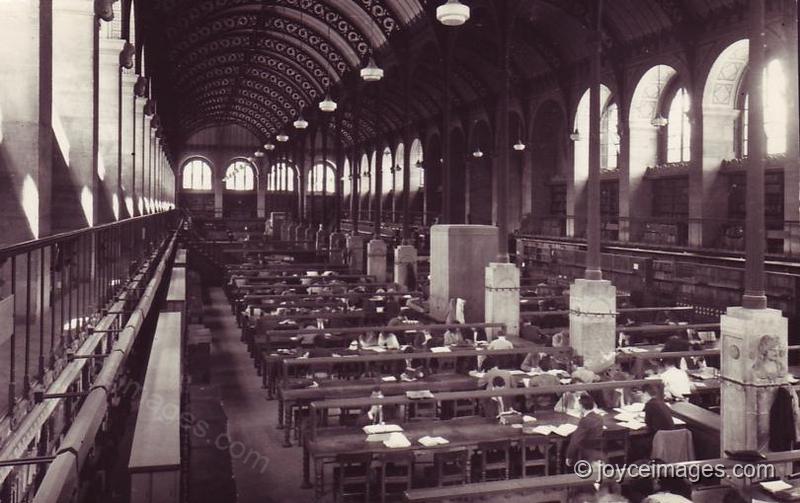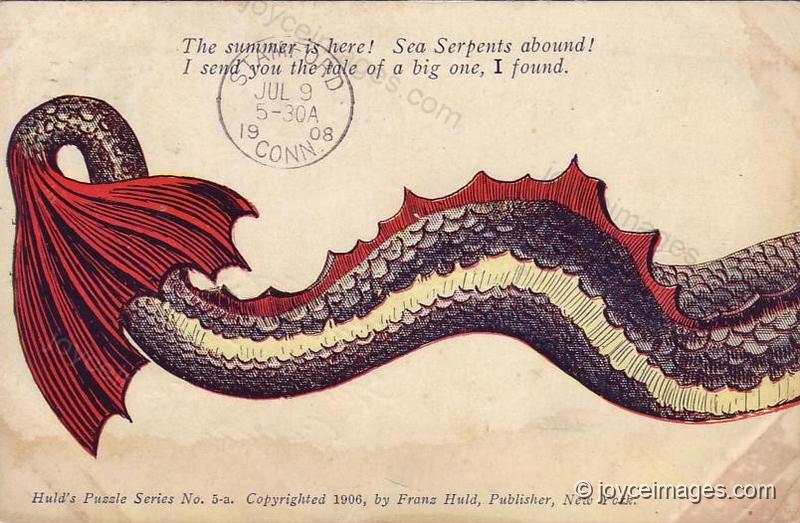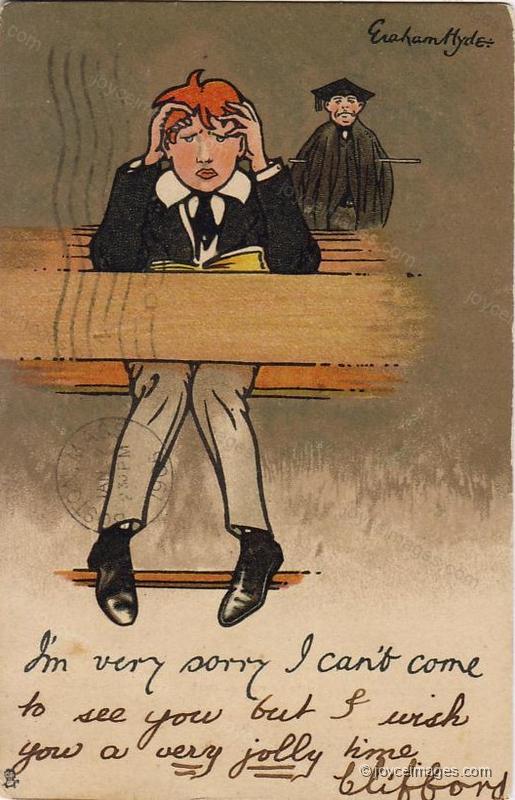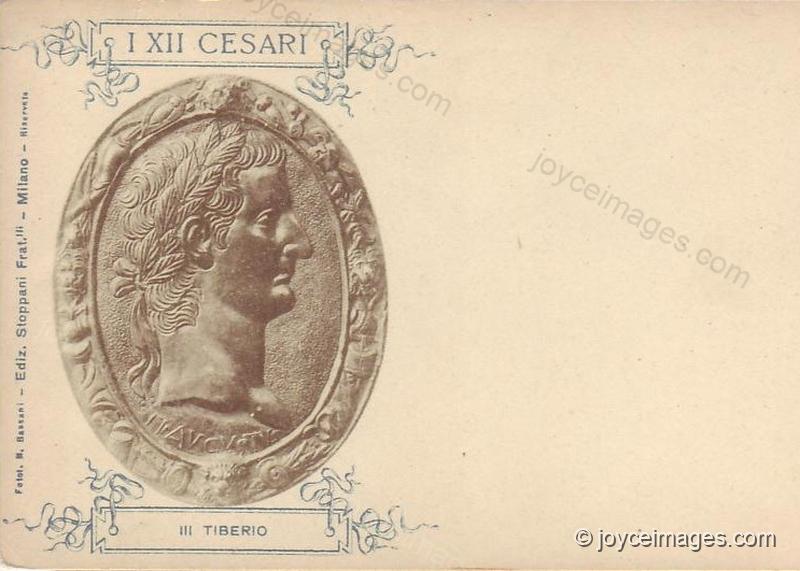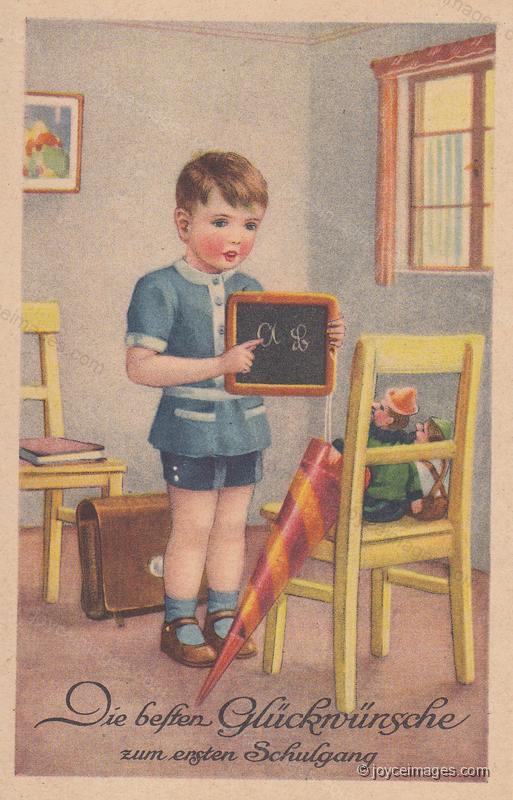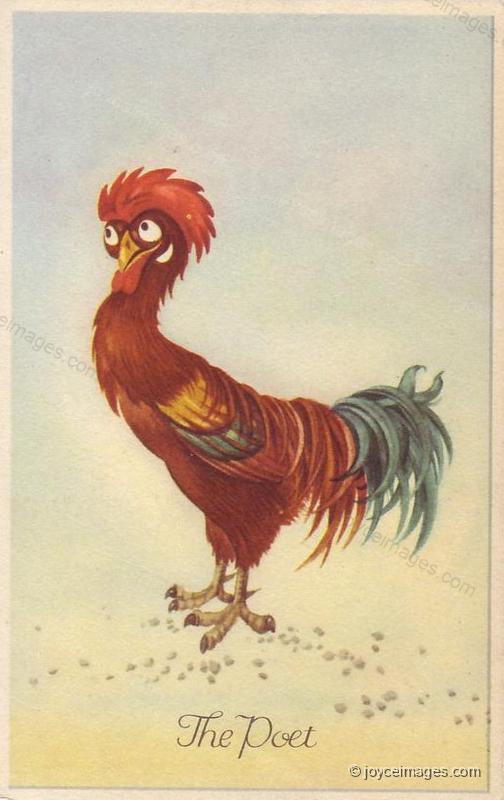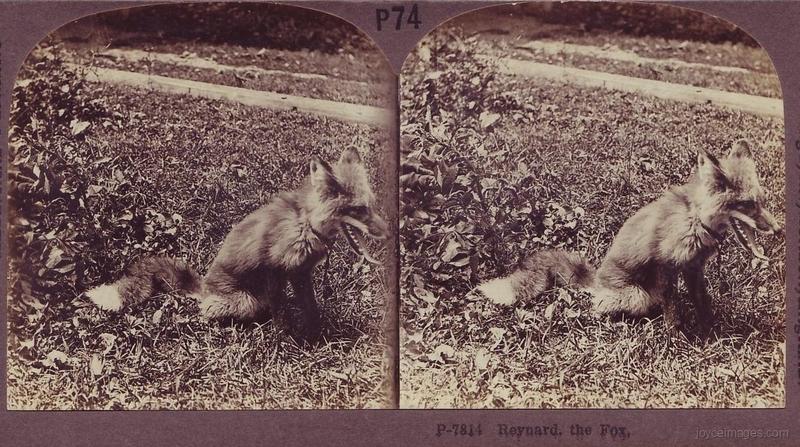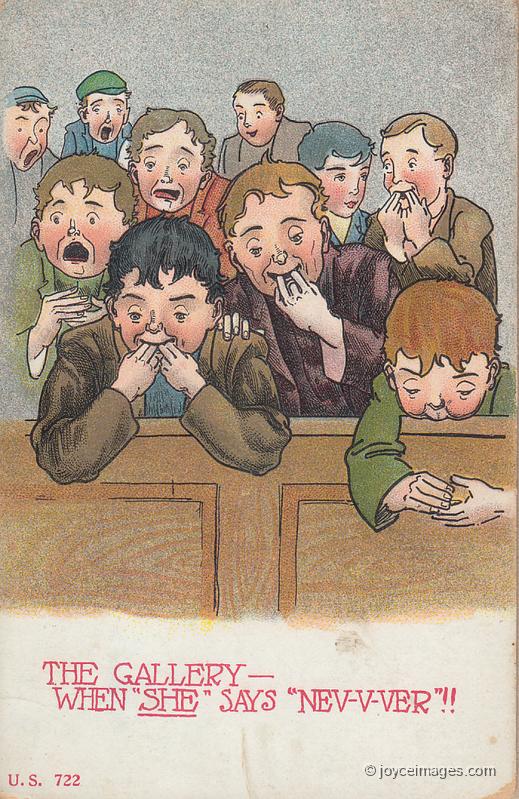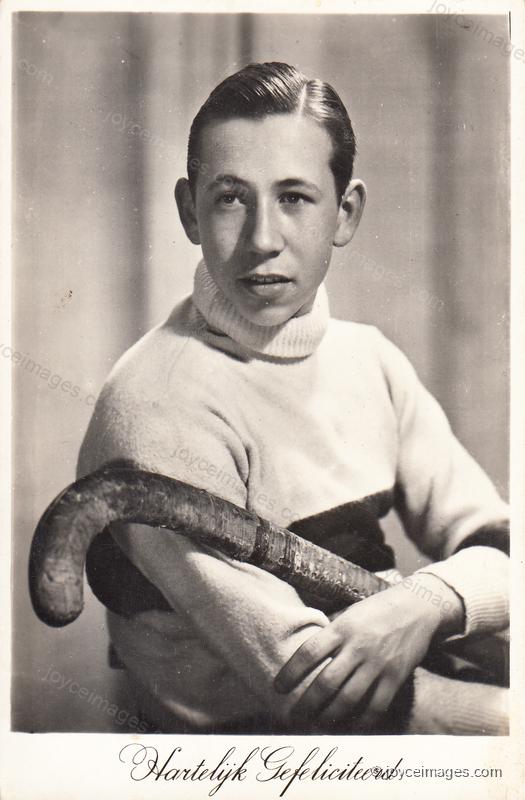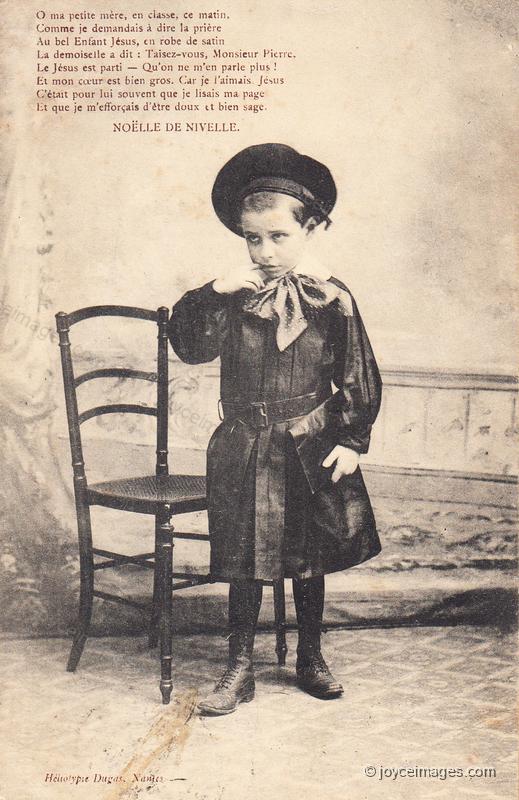"Had Pyrrhus not fallen by a beldam's hand in Argos or Julius Caesar not been knifed to death. They are not to be thought away. Time has branded them and fettered they are lodged in the room of the infinite possibilities they have ousted. But can those have been possible seeing that they never were? Or was that only possible which came to pass? Weave, weaver of the wind." (U2.48)
"- Tell us a story, sir.
- Oh, do, sir. A ghoststory.
- Where do you begin in this? Stephen asked, opening another book.
- Weep no more, Comyn said.
- Go on then, Talbot.
- And the story, sir?
- After, Stephen said. Go on, Talbot." (U2.54)
- Oh, do, sir. A ghoststory.
- Where do you begin in this? Stephen asked, opening another book.
- Weep no more, Comyn said.
- Go on then, Talbot.
- And the story, sir?
- After, Stephen said. Go on, Talbot." (U2.54)
"A swarthy boy opened a book and propped it nimbly under the breastwork of his satchel. He recited jerks of verse with odd glances at the text:
- Weep no more, woful shepherds, weep no more
For Lycidas, your sorrow, is not dead,
Sunk though he be beneath the watery floor...
It must be a movement then, an actuality of the possible as possible. Aristotle's phrase formed itself within the gabbled verses " (U2.61)
From John Milton's poem 'Lycidas, a Lament for a friend drowned in his passage from Chester on the Irish seas, 1637' lines 165ff:
'Weep no more, woful Shepherds weep no more,
For Lycidas your sorrow is not dead,
Sunk though he be beneath the watry floar,
So sinks the day-star in the Ocean bed,
And yet anon repairs his drooping head,
And tricks his beams, and with new spangled Ore,
Flames in the forehead of the morning sky:'
- Weep no more, woful shepherds, weep no more
For Lycidas, your sorrow, is not dead,
Sunk though he be beneath the watery floor...
It must be a movement then, an actuality of the possible as possible. Aristotle's phrase formed itself within the gabbled verses " (U2.61)
From John Milton's poem 'Lycidas, a Lament for a friend drowned in his passage from Chester on the Irish seas, 1637' lines 165ff:
'Weep no more, woful Shepherds weep no more,
For Lycidas your sorrow is not dead,
Sunk though he be beneath the watry floar,
So sinks the day-star in the Ocean bed,
And yet anon repairs his drooping head,
And tricks his beams, and with new spangled Ore,
Flames in the forehead of the morning sky:'
"and floated out into the studious silence of the library of Saint Genevieve where he had read," (U2.68)
The library of Sainte-Geneviève is located near the Pantheon on the Mont Sainte-Geneviève in Paris (5e). It is one of the oldest libraries in the world, founded in the 5c. The current building was erected 1844-1851. Geneviève is one of the patron saints of Paris.
The library of Sainte-Geneviève is located near the Pantheon on the Mont Sainte-Geneviève in Paris (5e). It is one of the oldest libraries in the world, founded in the 5c. The current building was erected 1844-1851. Geneviève is one of the patron saints of Paris.
"By his elbow a delicate Siamese conned a handbook of strategy. Fed and feeding brains about me: under glowlamps, impaled, with faintly beating feelers:" (U2.70)
"and in my mind's darkness a sloth of the underworld, reluctant, shy of brightness, shifting her dragon scaly folds. Thought is the thought of thought. Tranquil brightness. The soul is in a manner all that is: the soul is the form of forms. Tranquillity sudden, vast, candescent: form of forms." (U2.72)
"Talbot repeated:
- Through the dear might of Him that walked the waves,
Through the dear might...
- Turn over, Stephen said quietly. I don't see anything.
- What, sir? Talbot asked simply, bending forward.
His hand turned the page over. He leaned back and went on again, having just remembered. Of him that walked the waves. Here also over these craven hearts his shadow lies and on the scoffer's heart and lips and on mine." (U2.77)
From Milton's 'Lycidas', lines 172ff:
'So Lycidas sunk low, but mounted high,
Through the dear might of him that walk'd the waves
Where other groves, and other streams along,
With Nectar pure his oozy Lock's he laves,
And hears the unexpressive nuptiall Song,
In the blest Kingdoms meek of joy and love."
- Through the dear might of Him that walked the waves,
Through the dear might...
- Turn over, Stephen said quietly. I don't see anything.
- What, sir? Talbot asked simply, bending forward.
His hand turned the page over. He leaned back and went on again, having just remembered. Of him that walked the waves. Here also over these craven hearts his shadow lies and on the scoffer's heart and lips and on mine." (U2.77)
From Milton's 'Lycidas', lines 172ff:
'So Lycidas sunk low, but mounted high,
Through the dear might of him that walk'd the waves
Where other groves, and other streams along,
With Nectar pure his oozy Lock's he laves,
And hears the unexpressive nuptiall Song,
In the blest Kingdoms meek of joy and love."
"It lies upon their eager faces who offered him a coin of the tribute. To Caesar what is Caesar's, to God what is God's. A long look from dark eyes, a riddling sentence to be woven on the church's looms. Ay.
Riddle me, riddle me, randy ro.
My father gave me seeds to sow." (U2.85)
Riddle me, riddle me, randy ro.
My father gave me seeds to sow." (U2.85)
"Talbot slid his closed book into his satchel.
— Have I heard all? Stephen asked.
— Yes, sir. Hockey at ten, sir.
— Half day, sir. Thursday.
— Who can answer a riddle? Stephen asked.
They bundled their books away, pencils clacking, pages rustling.
Crowding together they strapped and buckled their satchels, all gabbling gaily:
— A riddle, sir? Ask me, sir.
— O, ask me, sir.
— A hard one, sir." (U2.90)
— Have I heard all? Stephen asked.
— Yes, sir. Hockey at ten, sir.
— Half day, sir. Thursday.
— Who can answer a riddle? Stephen asked.
They bundled their books away, pencils clacking, pages rustling.
Crowding together they strapped and buckled their satchels, all gabbling gaily:
— A riddle, sir? Ask me, sir.
— O, ask me, sir.
— A hard one, sir." (U2.90)
"- This is the riddle, Stephen said.
The cock crew,
The sky was blue:
The bells in heaven
Were striking eleven.
'Tis time for this poor soul
To go to heaven.
What is that?
- What, sir?
- Again, sir. We didn't hear." (U2.101)
The cock crew,
The sky was blue:
The bells in heaven
Were striking eleven.
'Tis time for this poor soul
To go to heaven.
What is that?
- What, sir?
- Again, sir. We didn't hear." (U2.101)
"Their eyes grew bigger as the lines were repeated. After a silence Cochrane said:
- What is it, sir? We give it up.
Stephen, his throat itching, answered:
- The fox" (U2.111)
- What is it, sir? We give it up.
Stephen, his throat itching, answered:
- The fox" (U2.111)
"A stick struck the door and a voice in the corridor called:
- Hockey!
They broke asunder, sidling out of their benches, leaping them. Quickly they were gone and from the lumberroom came the rattle of sticks and clamour of their boots and tongues." (U2.118)
- Hockey!
They broke asunder, sidling out of their benches, leaping them. Quickly they were gone and from the lumberroom came the rattle of sticks and clamour of their boots and tongues." (U2.118)
